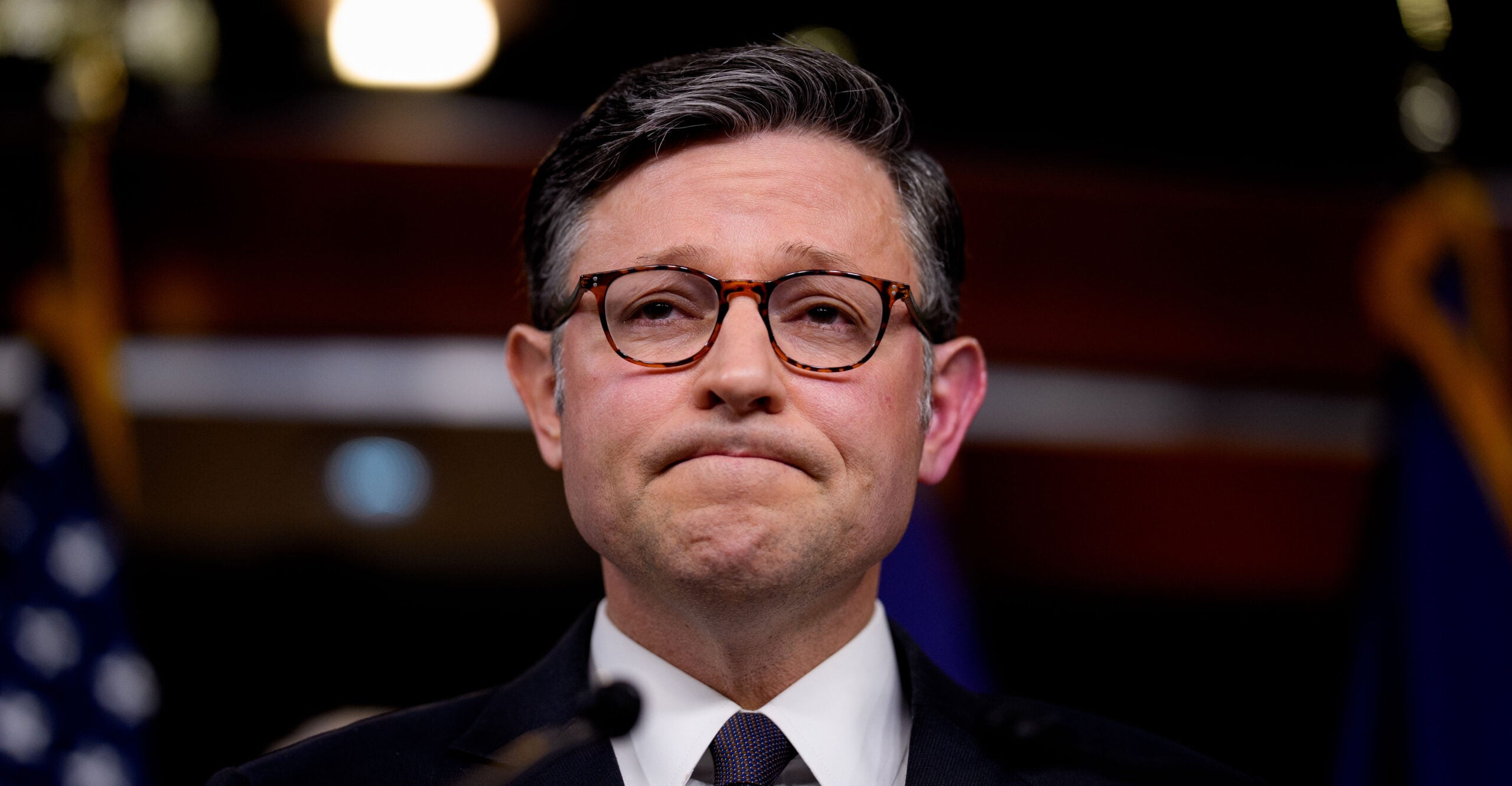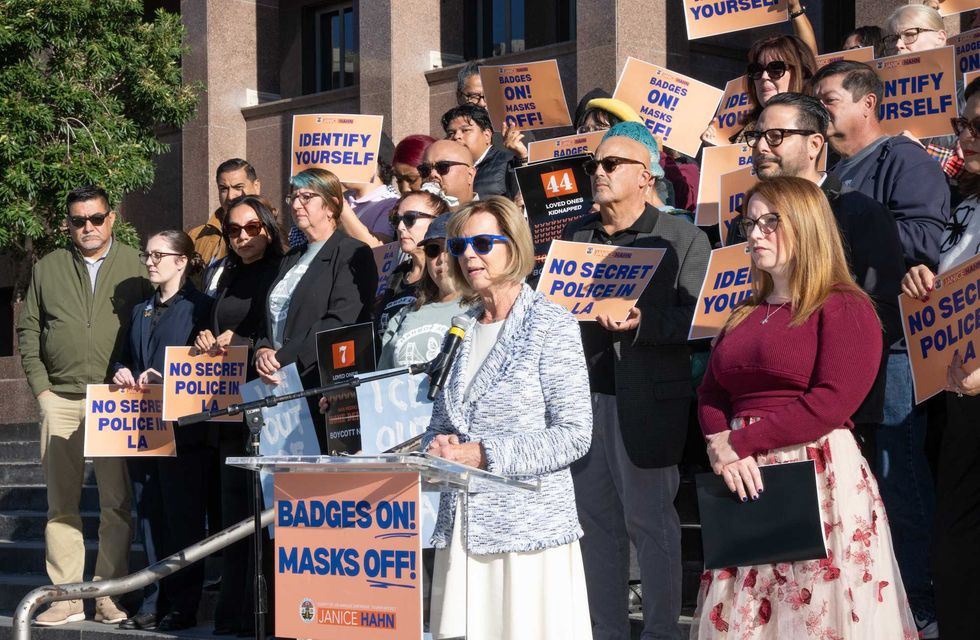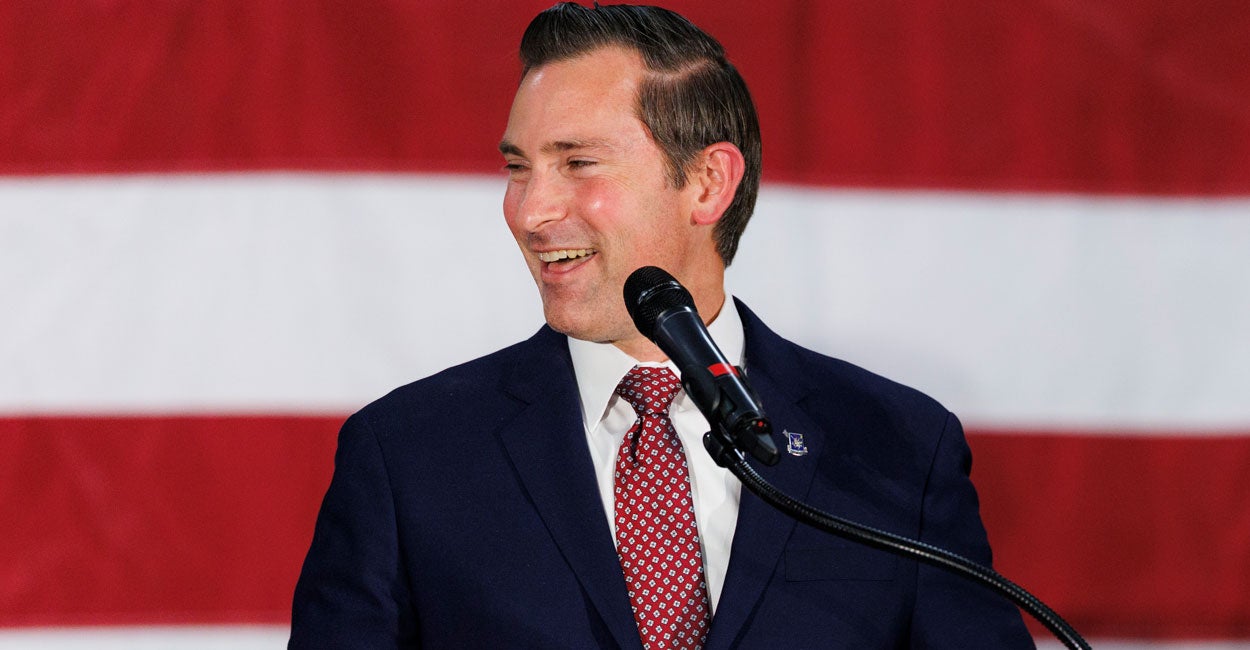Is House Republicans’ Victory Lap on Big, Beautiful Bill Premature?

House Republicans are riding high—and with good reason. After months of negotiations and 48 straight hours of work, they successfully passed the ‘big, beautiful’ budget reconciliation bill.
But will this era of good feeling come crashing down all too soon?
On Thursday morning, the House passed the budget reconciliation bill that secures a number of President Donald Trump’s campaign promises, such as increased funding for border enforcement and national defense, tax and spending cuts, and provisions to unleash American energy. The bill squeaked through by just one vote; the final tally was 215 in favor and 214 against. Reps. Thomas Massie, R-Ky., and Warren Davidson, R-Ohio, were the two Republicans who voted no. Rep. Andy Harris, R-Md., chairman of the House Freedom Caucus, voted present.
House Speaker Mike Johnson is taking a victory lap. “The media and the Democrats have consistently dismissed any possibility of House Republicans succeeding in our mission to enact President Trump’s America First agenda,” Johnson said in a statement following the passage of the bill. “Once again, they have been proven wrong.”
The speaker described the One Big Beautiful Bill Act as a “generational, nation-shaping” piece of legislation “that reduces spending, permanently lowers taxes for families and job creators, secures the border, unleashes American energy dominance, restores peace through strength, and makes government work more efficiently and effectively for all Americans.”
Johnson is having a much better go of it this Congress, and that’s beyond having to deal with a Democrat president and divided legislature. Thus far, he’s managed to address the three most pressing issues facing Congress this year: a continuing resolution to avert a government shutdown, budget reconciliation, and raising the debt ceiling (which was included in the reconciliation package).
With an even tighter majority than the last Congress, he managed to get these items passed the first time he brought these issues to the House floor. At the same time, he hasn’t brought bad bills, like a $100 billion supplemental foreign aid package while the American people suffered under the Biden economy, to the floor. And Johnson managed to keep his Memorial Day deadline (though he already had to push it back twice before).
But now the One Big Beautiful Bill Act heads to the Senate, and it’s a very real possibility that it could be unworkable in the House when it returns.
Senate Majority Leader John Thune, R-S.D., and other major players in the Senate have been walking alongside their House colleagues for months with the hope that any changes the Senate makes to the House version are minimal.
“When it comes over here, I think [House Speaker Mike Johnson] would like to see as little change to the product as possible, because they’ve cobbled together a delicate balance over there,” Thune told reporters Wednesday. Nevertheless, “the Senate will have its imprint on it.”
But Thune has his own slim majority to worry about. Thune can only afford to lose three GOP votes and still pass the bill.
Three Senate Republicans—Susan Collins, R-Maine, Lisa Murkowski, R-Alaska, and Josh Hawley. R-Mo.—have already voiced concerns over the House’s effort to reform Medicaid. Hawley has vowed to not support any bill that cuts proper benefits of the program.
And who knows where Sen. Mitch McConnell, R-Ky., will end up. Could he pull a John McCain by surprising GOP leadership with a thumbs down?
Furthermore, the Senate might also make tweaks to the tax provisions of the bill to make more of the tax cuts permanent. “We believe that permanence is the way to create economic certainty, and thereby attract and incentivize capital investment in this country that creates those good-paying jobs and gets our economy growing and expanding and generates more government revenue,” Thune explained.
Tampering with these provisions risk higher deficits and debt that could make House conservatives squeamish.
Will Senate Republicans cut deep enough on the spending side to allay House conservatives’ fears?
Another possibility is the Senate finds revenue by going after Johnson’s compromise with blue-state House Republicans on state and local tax deductions. If the Senate does go after SALT, Thune does not anticipate losing Senate GOP votes over it: “It’s not an issue in the Senate. It’s not an issue for us,” the majority leader said of the deduction.
For House moderates, changes to the SALT compromise would likely be a non-starter.
Obviously, the challenge facing GOP leadership now is to find a deal that finds the middle of the Venn diagram between what the House and Senate are willing to pass. But nobody knows if there is any overlap to begin with.
Perhaps Johnson’s funny comments after leaving the House floor Thursday morning was an attempt to prove the middle of that Venn diagram is a little bit larger. “We really had 217 votes this morning. Andrew Garbarino [R, N.Y.] did not make it in time. He fell asleep in the back. No kidding, I know. I’m going to just strangle him.”
“And then, David Schweikert [R, Ariz.] was going to vote and slipped his card in right at the last minute… It was really 217,” Johnson added. “Would y’all put a footnote somewhere in history on that thing? They’re both going to go on record saying that’s how they would have voted if they got the card in on time.”
Johnson is telegraphing that he has at least one more vote to play with in the House, but that will make little difference if factions of his conference act as a voting bloc. But nothing quite causes these blocs to scatter like the “800-pound gorilla” that is President Trump (the words of Rep. Mike Collins, R-Ga.). That certainly helps.
Still, the question on everyone’s mind in Washington is whether the Senate’s best will be good enough for the House.
The post Is House Republicans’ Victory Lap on Big, Beautiful Bill Premature? appeared first on The Daily Signal.
Originally Published at Daily Wire, Daily Signal, or The Blaze
What's Your Reaction?
 Like
0
Like
0
 Dislike
0
Dislike
0
 Love
0
Love
0
 Funny
0
Funny
0
 Angry
0
Angry
0
 Sad
0
Sad
0
 Wow
0
Wow
0











































































